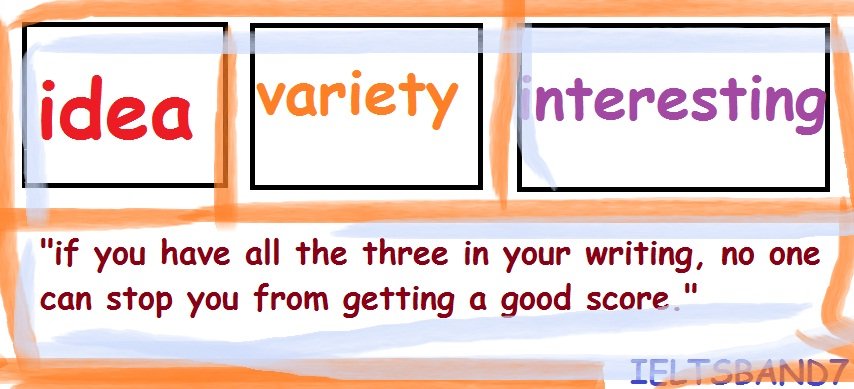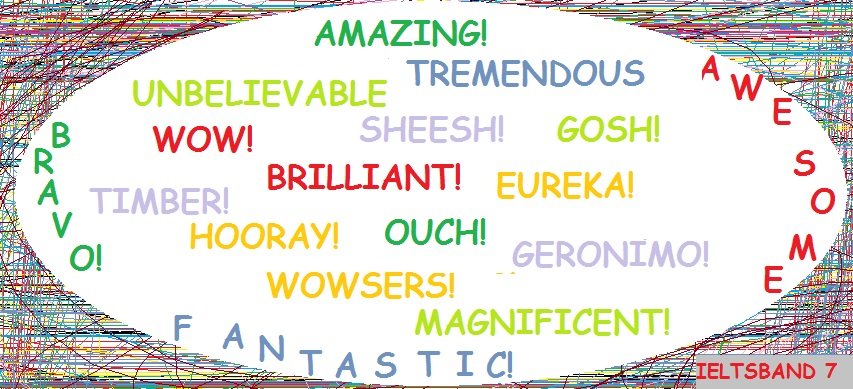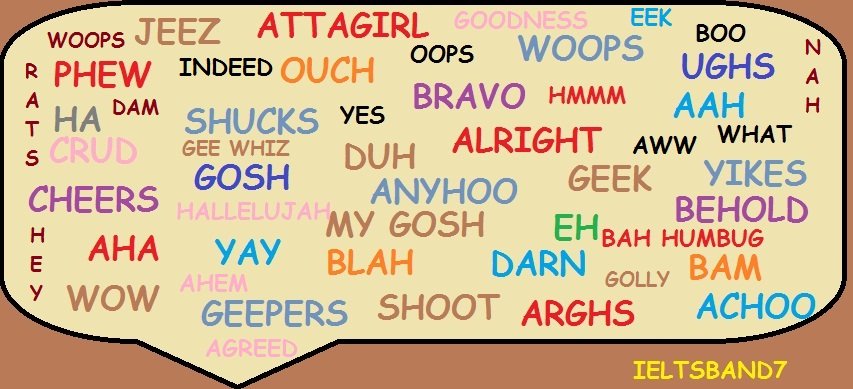Conjunctions # Grammar For IELTS
While writing sentences in IELTS you surely get extra marks if you use complex sentences. These are the sentences that talk about two or three things and are joined together by conjunctions. But what are conjunctions?
Let’s take a look at few examples-:
- You can either take a pen or a pencil?
- You must trust in god and do the right things.
- Do you know that tomorrow is a holiday?
- She will pass if she works hard.
- He is more intelligent than you are.
In the above sentences the words that have been italicized are conjunctions.
Conjunctions are the words that are used to join two or more sentences.
They are of two types-:
- COORDINATING CONJUNCTIONS
- These conjunctions add two or more clauses of the same rank i.e the clauses independent of each other. They are of four kinds-:
- Cumulative conjunctions-: Using these statements a fact is simply added to another. Examples are -: and, both…. And, as well as, not less than.
He submitted the work both late and incomplete.
She as well as her sister is talented.
He is no less than his brother in fighting. - Alternative conjunctions-: using these conjunctions a choice is given. Examples are-: either… or, neither … nor, or, else.
You can either listen to your hear or live in the guilt of doing what others thought was right for you.
In this way you will neither win nor loose. - Adversative conjunctions-: These conjunctions are used to show contrast between two facts. Example-: but, still, nevertheless, only.
He is fast but lazy.
He is successful still down to earth.
You can win only if you work hard. - Illative conjunctions-: These conjunctions are used when we need to prove a fact from another. Example are-: therefore, hence, so, consequently.
He was found guilty and therefore arrested.
This goes with this and that with that, hence proved.
He did not worked hard, so he failed.
- Cumulative conjunctions-: Using these statements a fact is simply added to another. Examples are -: and, both…. And, as well as, not less than.




